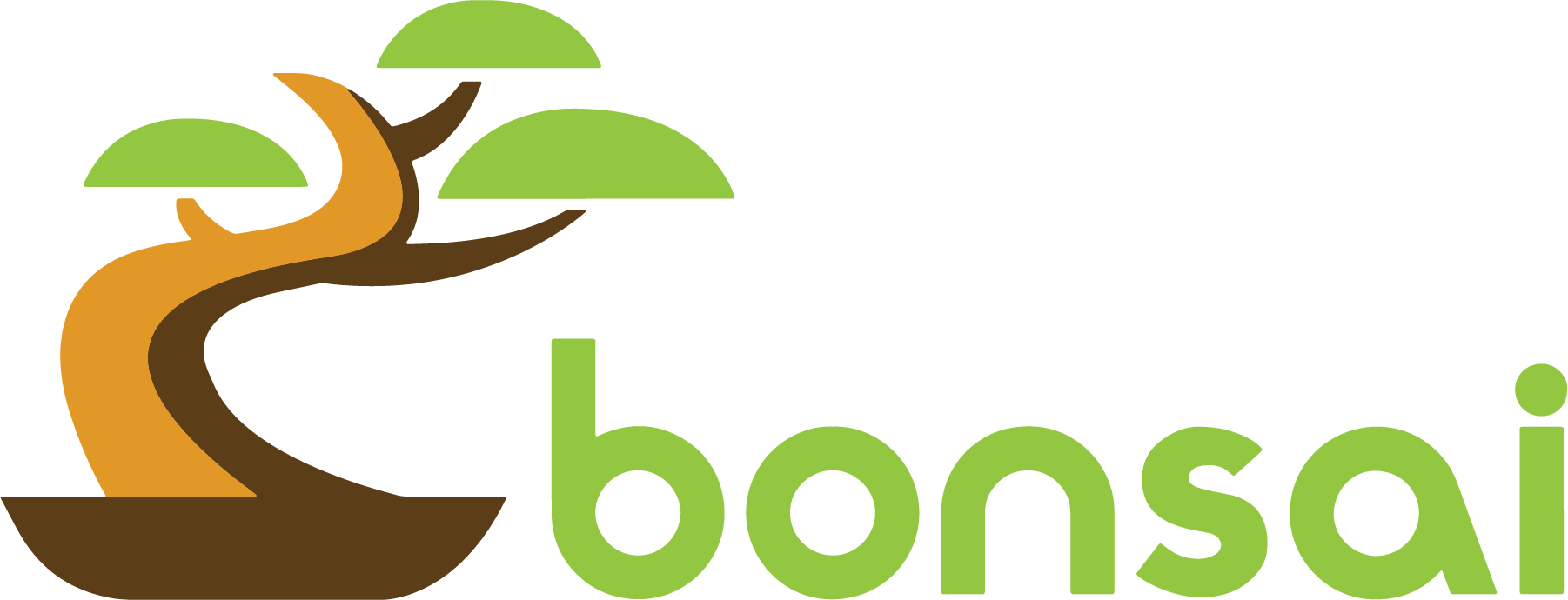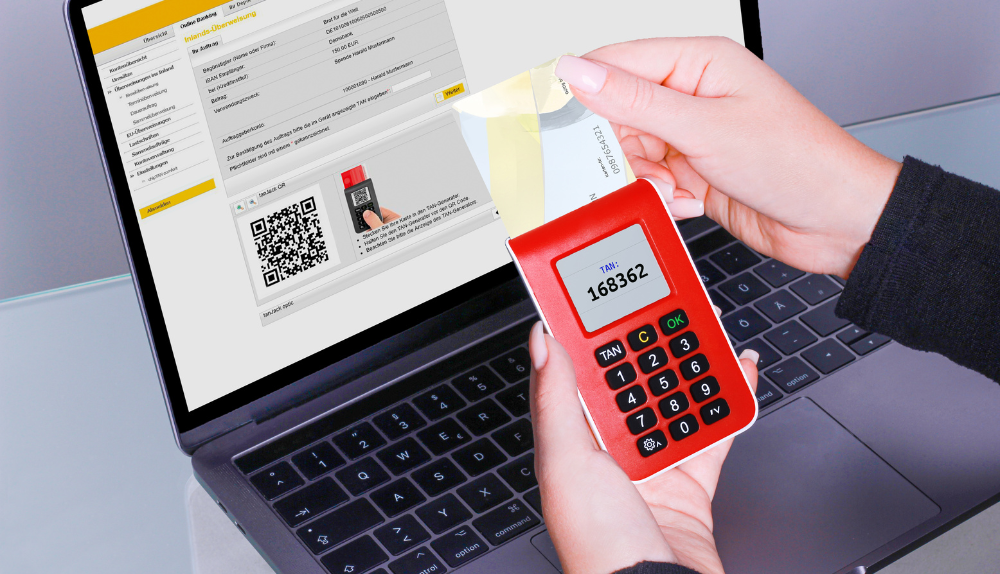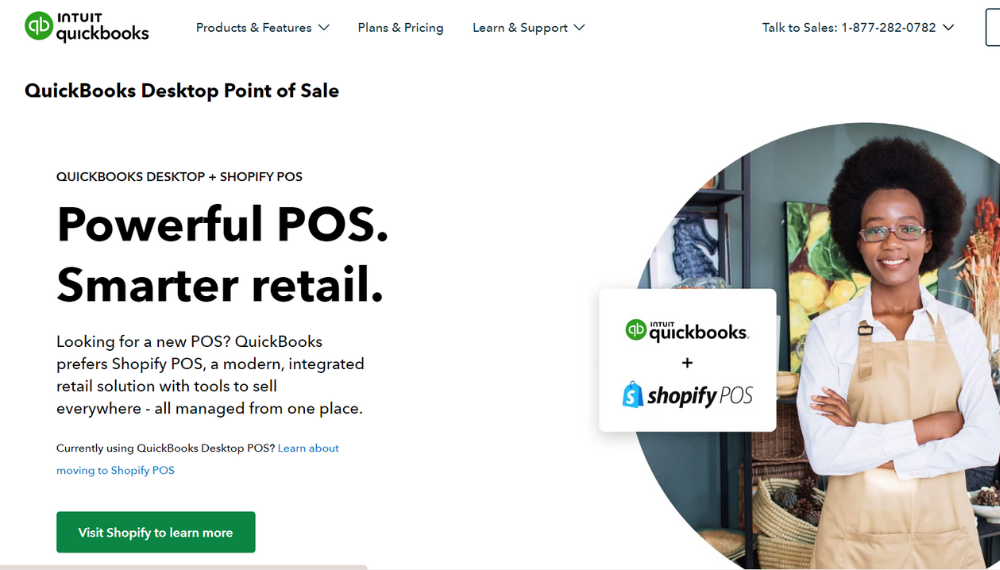Are you trying to find ways to boost sales at your shop? Let's say we told you there was a tool that could raise your profits by 10%, 15%, or 20%. If you're using a cutting-edge POS system, you already have access to this powerful resource: your POS data.
This post will explain what point-of-sale data is, explore the Ways to Enhance Your Business with Point of Sale Data, what kinds of data you should be searching for, and why it's so crucial for your business.
At last, we'll demonstrate how to put your Point Of Sale data to work for you so that you can expand your business. Now is the time to delve in and learn how point-of-sale information may benefit your company.
What’s a Point of Sale Data?
Point of Sale (POS) data is an integral part of running a successful business in the present day. When a consumer makes a purchase at a store, the POS system records the transaction and stores various data about the customer and the purchase. In this context, "basic details" refer to the products or services bought, the amount paid, the date and time of the transaction, and the mode of payment.

However, the significance of point-of-sale data extends far beyond these particulars of individual purchases. Many modern POS systems can capture and store information on customers, sales trends, inventory levels, and other metrics. This information can be utilized to learn crucial aspects of a company's performance, such as what products are popular, which advertisements bring in the most people, and so on.
Businesses can boost their development and bottom line by using this data to pinpoint problem areas, fine-tune operations, and make educated policy calls. Some of the many uses of point-of-sale data include better inventory management, client retention, and price adjustments.
Ways to Enhance Your Business with Point of Sale Data
Information collected at the point of sale (POS) can yield valuable insights for firms trying to boost operations and expand. Here are eight of the most fundamental ways in which companies may use POS data to their advantage:
Identify Sales Trends
Businesses can use point-of-sale (POS) data to see what products are selling well and which ones aren't, allowing them to better tailor their offerings to their clientele's preferences. Trends in sales over time can tell a company a lot about its customers and help them decide what products to carry and market.
By doing so, companies can improve their product lines, increase their revenue, and stay ahead of the competition.
Pricing Optimization
Data acquired at the point of sale (POS) can offer businesses a plethora of information about their consumers' purchasing habits and how they react to different pricing.
Companies will be able to utilize this information to determine the ideal selling
pricing for their products and services, allowing them to earn the maximum money while preserving their competitive edge. Businesses that follow this advice will be able to better balance their pricing strategies between making a profit and being competitive in their sector.
Improve Inventory Management
Retailers may better manage their stock by analyzing real-time point-of-sale data to see how much of each item they have on hand and what kind of sales patterns are emerging.
By examining this information, businesses can improve inventory levels, decrease waste, and prevent stockouts. In turn, this can help organizations optimize their processes, cut expenses, and
boost customer satisfaction.
Enhance Customer Engagement
Client engagement is improved when businesses use their point-of-sale system to collect information about their clientele and use that information to tailor their products and services to their client's individual interests.
With this data, businesses may design more effective ads, promotions, and loyalty programs to draw in their target audience and keep them as customers. Improved consumer engagement, increased customer loyalty, and increased income are all possible outcomes of this strategic use of point-of-sale data.
Optimize Staffing
Point-of-Sale (POS) data can inform businesses of their busiest times and customer traffic patterns, allowing them to allocate resources better.
Companies can use this information to better plan employee schedules so that they have enough people on hand to meet client needs. Businesses can benefit from this in a number of ways, including cost savings, better customer service, and a more satisfying experience for their clientele.
Improve Sales Performance
Analyzing point-of-sale (POS) data to determine which items, sales channels, and people are most successful will help a company's sales performance. Businesses can use this data to understand more about their strengths and areas for improvement.
Successful salespeople, for example, can be singled out for recognition and rewarded. Furthermore, by assessing their sales channels, businesses can focus more attention on the channels that generate the highest revenue.
Monitor Business Health
Monitor your company's status with the use of real-time insights supplied by POS data. Businesses may maintain track of their financial health and make informed decisions about their operations by meticulously recording sales data, costs, and other critical variables. If a corporation can identify its weak points, it may strengthen those areas and increase its bottom line.
Streamline Operations
Companies can save time and money by streamlining their procedures with point-of-sale data. Inconsistencies in service, such as long wait times, can be identified and remedied through POS data analysis.
They can also use POS data to reduce the amount of manual work required for things such as inventory management. This can help firms become more efficient, save money, and give a better customer experience.
Conclusion
To summarize, the usage of point-of-sale data is a useful tool for organizations wanting to improve their operations and revenue. Businesses can receive significant insights into sales trends, pricing optimization, inventory management, customer engagement, staffing, sales success, business health, and streamlined operations by evaluating data acquired at the point of sale.
These insights can assist firms in making educated decisions, fine-tuning operations, and staying ahead of the competition. Businesses can achieve tremendous development and success by leveraging their POS data in the proper way.
Therefore, it's important for businesses to understand the value of POS data and use it to their advantage to enhance their business in various ways to enhance your business with a point of sale data.
 However, the significance of point-of-sale data extends far beyond these particulars of individual purchases. Many modern POS systems can capture and store information on customers, sales trends, inventory levels, and other metrics. This information can be utilized to learn crucial aspects of a company's performance, such as what products are popular, which advertisements bring in the most people, and so on.
Businesses can boost their development and bottom line by using this data to pinpoint problem areas, fine-tune operations, and make educated policy calls. Some of the many uses of point-of-sale data include better inventory management, client retention, and price adjustments.
However, the significance of point-of-sale data extends far beyond these particulars of individual purchases. Many modern POS systems can capture and store information on customers, sales trends, inventory levels, and other metrics. This information can be utilized to learn crucial aspects of a company's performance, such as what products are popular, which advertisements bring in the most people, and so on.
Businesses can boost their development and bottom line by using this data to pinpoint problem areas, fine-tune operations, and make educated policy calls. Some of the many uses of point-of-sale data include better inventory management, client retention, and price adjustments.
 However, the significance of point-of-sale data extends far beyond these particulars of individual purchases. Many modern POS systems can capture and store information on customers, sales trends, inventory levels, and other metrics. This information can be utilized to learn crucial aspects of a company's performance, such as what products are popular, which advertisements bring in the most people, and so on.
Businesses can boost their development and bottom line by using this data to pinpoint problem areas, fine-tune operations, and make educated policy calls. Some of the many uses of point-of-sale data include better inventory management, client retention, and price adjustments.
However, the significance of point-of-sale data extends far beyond these particulars of individual purchases. Many modern POS systems can capture and store information on customers, sales trends, inventory levels, and other metrics. This information can be utilized to learn crucial aspects of a company's performance, such as what products are popular, which advertisements bring in the most people, and so on.
Businesses can boost their development and bottom line by using this data to pinpoint problem areas, fine-tune operations, and make educated policy calls. Some of the many uses of point-of-sale data include better inventory management, client retention, and price adjustments.





